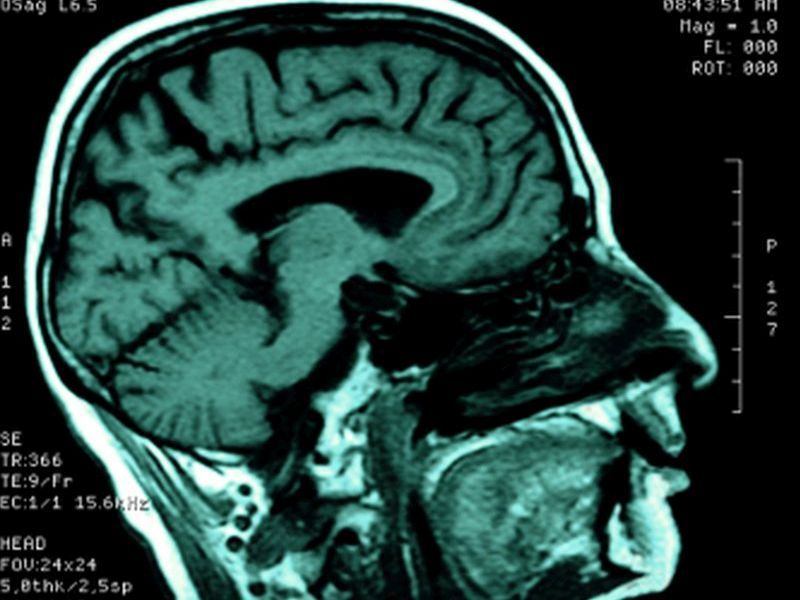
Two widely anticipated new COVID-19 vaccines — from Johnson & Johnson and Novavax — appear to halt infections in places where more contagious variants are circulating, new trials show. But there was one key exception: Each loses a significant amount of its protective power when used where the new South African variant is circulating. The… read on > read on >






























